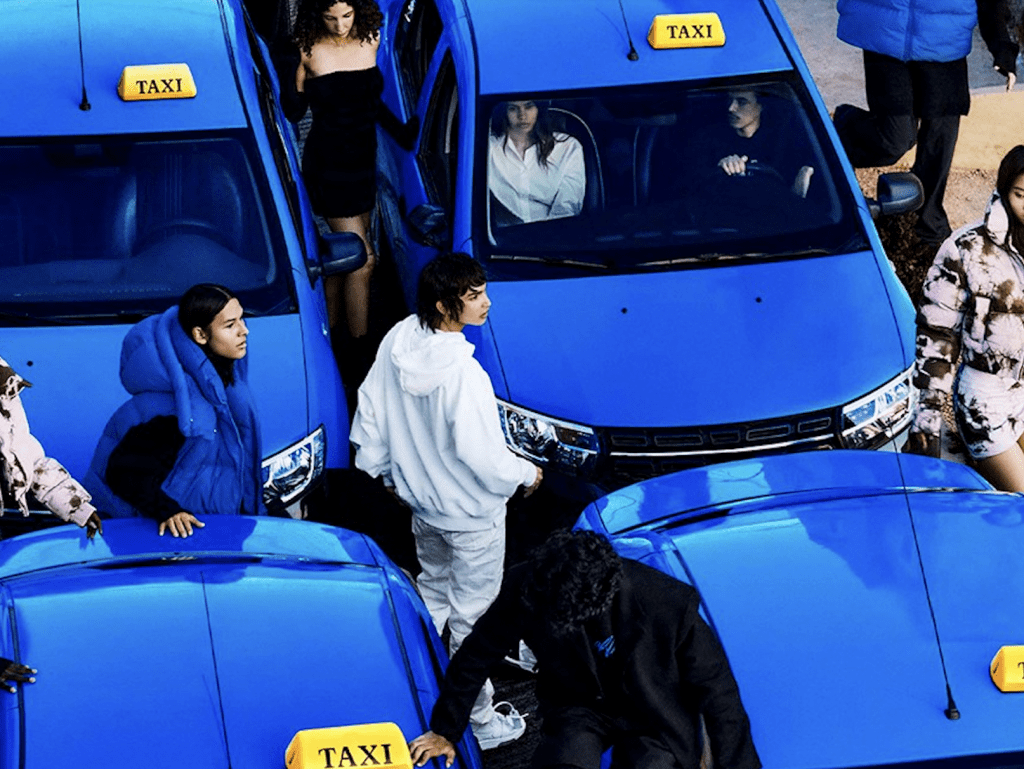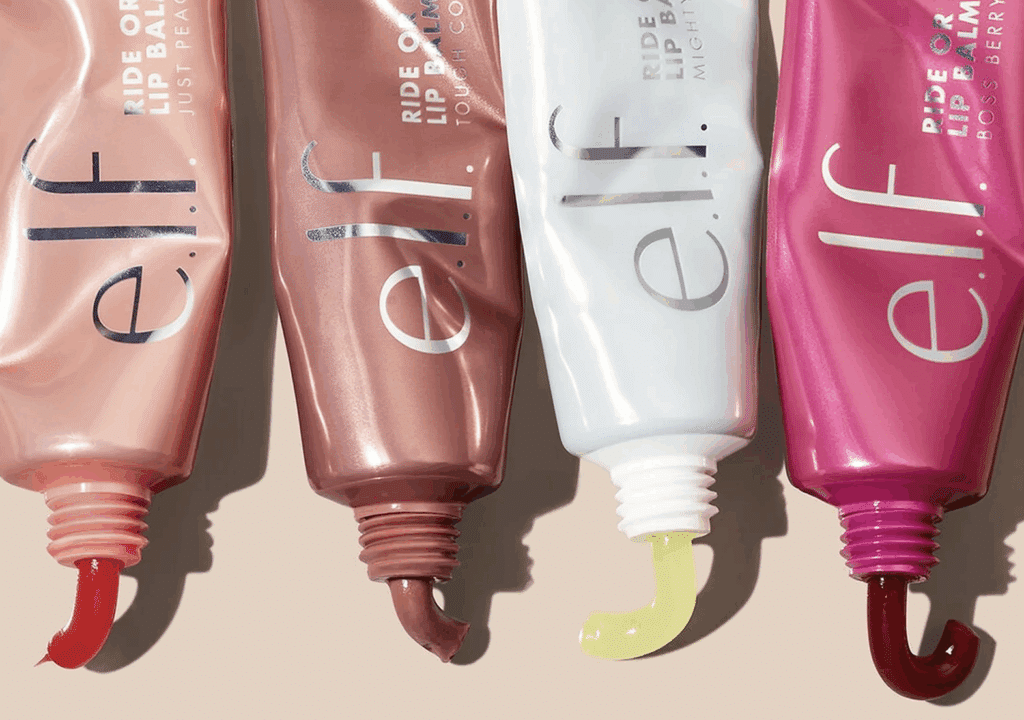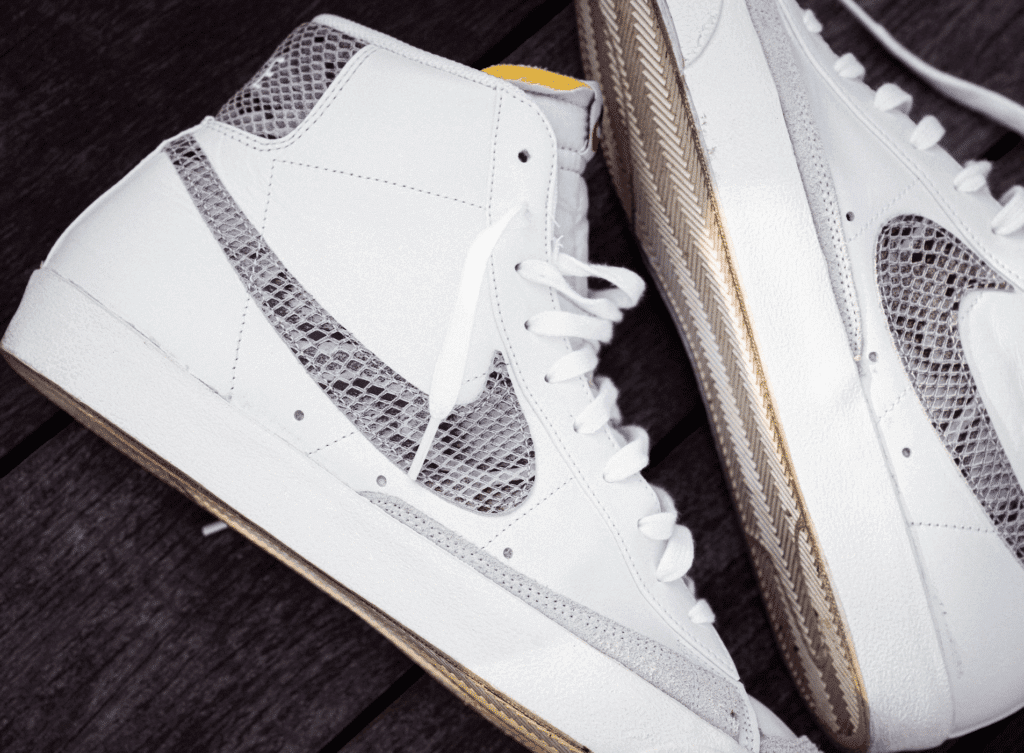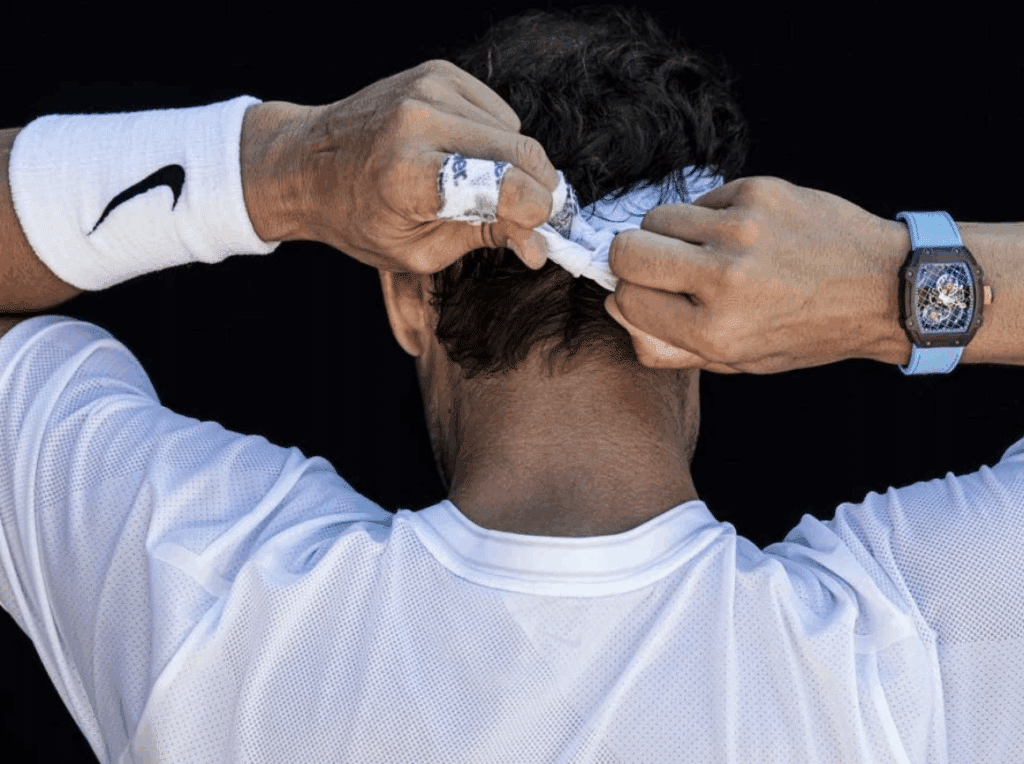The U.S. Patent and Trademark Office (“USPTO”) has withdrawn a pending trademark application filed by Off-White from publication, determining that the mark – “For Walking” for use on footwear – does not “function as a trademark.” After first publishing the mark for opposition last month, a USPTO examining attorney stated in a newly-issued Office Action that “upon further review,” the mark cannot move forward in the registration process, as it is “a slogan or term that would be perceived by consumers” not as an indicator of source but as “merely conveying information about [Off-White’s goods] or similar goods and/or services,” in the same way that “UNLIMITED CARRYOVER,” for instance, “simply provides information about the services.”
In the non-final Office Action sent to Off-White on September 21, USPTO examiner Shaunia Carlyle refused registration for Off-White for the “For Walking” trademark – quotation marks, included – for use on shoes, as it falls within the realm of “terms and expressions that merely convey an informational message,” which are not registrable.
Delving into her decision, Carlyle states that determining whether a term or expression functions as a trademark depends on “how it would be perceived by the relevant public.” Citing precedent from the USPTO’s Trademark Trial and Appeal Board (“TTAB”), she asserts that “the more commonly a term or expression is used, the less likely that the public will use it to identify only one source and the less likely that it will be recognized by purchasers as a trademark.” This poses an issue here, she says, pointing to “evidence from various websites found on the internet” in which the term “For Walking” is widely used to indicate that footwear serves a particular purpose: It “can be used for walking.” (The evidence consists of screenshots of articles from sites like Elle and Who What Wear that primarily discuss comfortable heels “for walking” in.)

“Because consumers are accustomed to seeing [the “For Walking”] slogan or term used in this manner and would take the words at their ordinary meaning as applied to [Off-White’s] goods and/or services,” Carlyle contends that “consumers are likely to perceive the wording merely as informational matter about the goods.” (She makes no mention in this round of the significance of the inclusion of the quotation marks on such consumer perception.)
Against that background, Carlyle states that “For Walking” would “not be perceived as a mark that distinguishes [Off-White’s] goods from those of others and identifies the source of [Off-White’s] goods.” As such, the USPTO removed “For Walking” from publication, asserting that “an applicant may not overcome this refusal by amending the application to seek registration on the Supplemental Register or asserting a claim of acquired distinctiveness … nor will submitting a substitute specimen overcome this refusal.”
So, what can counsel for Off-White do now, almost two years after first filing the “For Walking” application?
It is not necessarily without recourse. Trademark attorney and former USPTO examining attorney Ed Timberlake claims that counsel for Off-White can respond to this Office Action by arguing that the mark does, in fact, function. Then when the failure-to-function refusal is made final, “the brand can request reconsideration, and also has the option of appealing to the TTAB, which appears to have shown some appetite for reversing failure-to-function refusals.” Hardly a sure-fire win, Timberlake says that “it is difficult to imagine, on this record, the TTAB reversing on behalf of quotation marks.”
It is worth noting, he says, that at the first Office Action stage, the examining attorney’s position “had not yet hardened into failure-to-function.” (In her initial Office Action in January 2021, Carlyle took issue with the mark on the basis that it “merely describes a feature and purpose of applicant’s goods,” and proposed registration on the Supplemental Register.) It is “possible – and somewhat tempting,” per Timberlake, “to read the first Office Action as an opportunity for Off-White to respond with evidence of acquired distinctiveness.” (And counsel for Off-White did argue for active distinctiveness in response to a subsequent Office Action.)
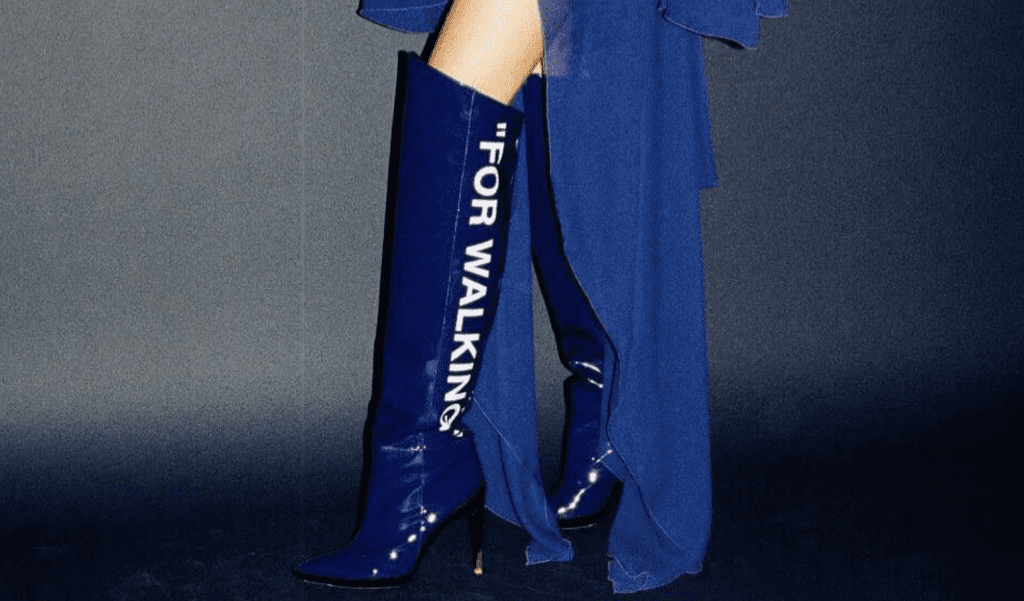
However, that approach has to be balanced with “the risk that the examining attorney may actually go a step further, refusing registration on the basis of a failure to function as a trademark,” he says. “If that happens, the applicant will no longer have the option of amending to the Supplemental Register.”
A “strategic move” to accept registration on the Supplemental Register, which provides protection for non-distinctive marks that have the potential of acquiring distinctiveness, would not have been a total loss for Off-White, according to Timberlake. “The R in a circle symbol looks exactly the same for the Supplemental Register as it does for the Principal Register, so, Off-White could have gained some benefit (even if it did not come with all of the legal boosts we associate with the Principal Register).”
The latest refusal for the late Virgil Abloh’s brand follows from previous rounds, in which the USPTO took issue with the ability of “For Walking” to indicate the source of Off-White’s footwear. Counsel for Off-White has pushed back against such refusals arguing that, among other things, the inclusion of its signature quotation marks is significant, as the mark is “elevated beyond being descriptive [of the goods upon which it appears] due to the unique commercial impression created by [Off-White’s] distinct use of quotation marks.” The mark is different from “mere use of the word or phrase without the quotation marks,” Off-White asserted, claiming that due to the inclusion of the quotation marks, the mark acts as a “double entendre.”
Unpersuaded by such claims, Carlyle stated in an Office Action in July 2021 that generally, “adding punctuation marks to a descriptive term will not ordinarily change the term into a non-descriptive one,” and specifically, “here, with and without the quotation marks, the mark implies a feature of the goods – desirable and made FOR WALKING.”
As for Off-White’s other quotation-centric mark, “Product Bag” – for use on “tops as clothing; bottoms as clothing,” after overcoming more than one non-final refusal from the USPTO, the trademark office issued a notice of allowance back in December 2020 but Off-White has not yet filed a statement of use.







